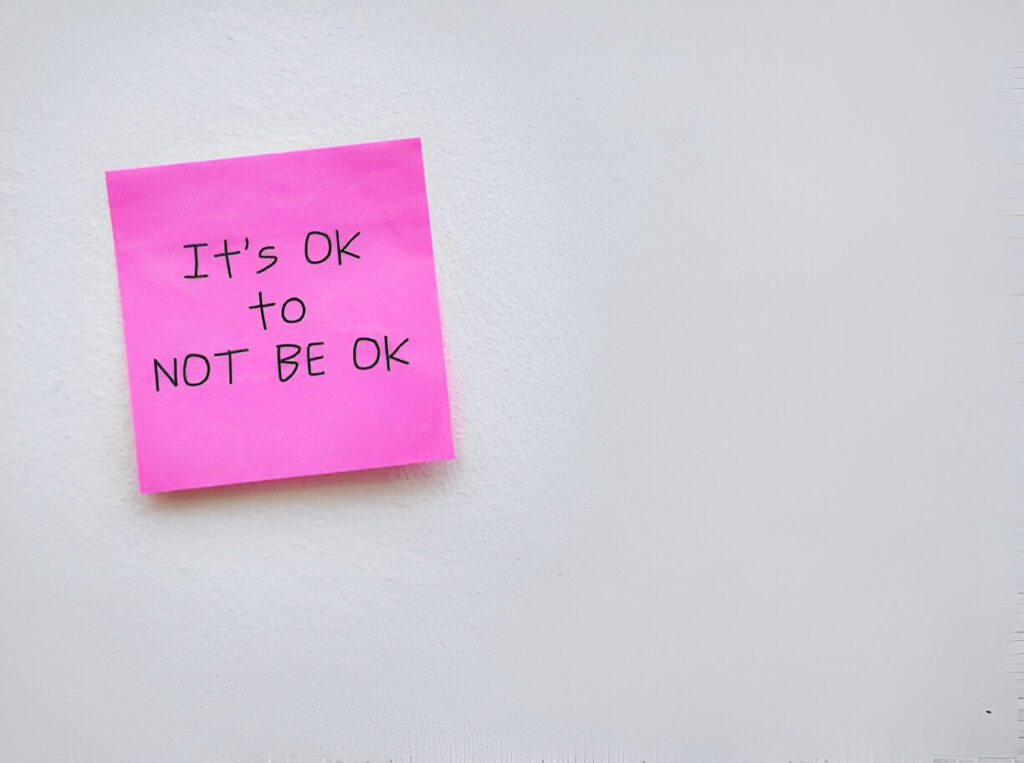Living abroad offers incredible opportunities for personal growth, cultural exploration, and adventure. However, it can also present unique challenges that may impact your mental health. From navigating a new culture to dealing with feelings of isolation, it’s crucial to prioritize your mental well-being while adapting to life in a different country. This comprehensive guide provides strategies and resources to help expatriates maintain their mental health and thrive in their new environment.

1. Understanding the Challenges of Living Abroad
1.1. Common Mental Health Challenges
Living abroad can present several mental health challenges, including:
- Culture Shock: Adapting to a new culture can lead to feelings of disorientation and confusion.
- Isolation and Loneliness: Being away from family and friends may lead to feelings of isolation.
- Stress and Anxiety: Managing day-to-day tasks in a foreign environment can be stressful.
- Depression: Persistent feelings of sadness or hopelessness may arise due to various factors, including adjustment difficulties or lack of support.
1.2. The Importance of Addressing Mental Health
Addressing mental health is essential for maintaining overall well-being and ensuring a successful expatriate experience:
- Emotional Resilience: Maintaining mental health helps build resilience against the stresses of living abroad.
- Quality of Life: Good mental health contributes to a higher quality of life and a more fulfilling experience abroad.
- Physical Health: Mental health is closely linked to physical health, and addressing mental well-being can improve overall health outcomes.
2. Strategies for Maintaining Mental Health
2.1. Establish a Support Network
Building a support network is crucial for maintaining mental health while living abroad:
- Connect with Locals: Engage with local communities to build relationships and understand the culture.
- Join Expat Groups: Participate in expat communities and social groups to connect with others who share similar experiences.
- Seek Professional Support: Find local mental health professionals or counselors who can provide support and guidance.
2.2. Develop a Routine
Establishing a daily routine can provide structure and stability:
- Create a Schedule: Plan your daily activities and responsibilities to maintain a sense of normalcy.
- Incorporate Self-Care: Include self-care activities, such as exercise, relaxation, and hobbies, in your routine.
- Set Goals: Set small, achievable goals to stay motivated and focused.
2.3. Stay Active and Healthy
Maintaining physical health can positively impact your mental well-being:
- Regular Exercise: Engage in regular physical activity to boost mood and reduce stress.
- Healthy Diet: Eat a balanced diet to support overall health and energy levels.
- Adequate Sleep: Ensure you get enough sleep each night to support mental and physical health.
2.4. Practice Mindfulness and Stress Management
Mindfulness and stress management techniques can help manage anxiety and improve mental health:
- Mindfulness Practices: Incorporate mindfulness techniques, such as meditation and deep breathing exercises, into your daily routine.
- Relaxation Techniques: Use relaxation methods, such as yoga or progressive muscle relaxation, to reduce stress and promote relaxation.
- Journaling: Keep a journal to express your thoughts and emotions, helping you process and manage stress.
2.5. Stay Connected with Loved Ones
Maintaining connections with family and friends can provide emotional support:
- Regular Communication: Schedule regular video calls, phone calls, or messages to stay in touch with loved ones.
- Share Experiences: Share your experiences and challenges with family and friends to receive support and understanding.
- Visit Home: Plan occasional visits back home, if feasible, to reconnect with loved ones and recharge.
2.6. Embrace Cultural Adaptation
Embracing the new culture can help you feel more integrated and less isolated:
- Learn the Language: Learning the local language can enhance communication and reduce feelings of isolation.
- Explore the Culture: Participate in local cultural events, traditions, and activities to immerse yourself in the new environment.
- Seek Local Support: Engage with local resources, such as community centers or cultural organizations, for additional support.
3. Resources for Mental Health Support
3.1. Expatriate Mental Health Services
Many countries have specialized services for expatriates:
- Expatriate Counseling Services: Look for counseling services that cater specifically to expatriates, offering support in your native language.
- International Support Networks: Explore international mental health organizations that provide resources and support for expatriates.
3.2. Online Mental Health Resources
Online resources can offer additional support and flexibility:
- Teletherapy Services: Utilize teletherapy platforms to access mental health professionals from anywhere.
- Mental Health Apps: Use mental health apps for mindfulness, mood tracking, and stress management.
- Online Support Groups: Join online forums or support groups for expatriates to share experiences and receive advice.
3.3. Local Healthcare Providers
Finding local healthcare providers can ensure access to in-person support:
- Primary Care Physicians: Establish a relationship with a local primary care physician who can provide referrals to mental health specialists if needed.
- Local Therapists and Counselors: Seek out licensed therapists and counselors in your area who can provide tailored support.
4. Addressing Specific Mental Health Concerns
4.1. Managing Culture Shock
Culture shock can impact your mental health as you adjust to a new environment:
- Acknowledge the Experience: Recognize that culture shock is a normal part of the expatriate experience.
- Seek Support: Talk to other expatriates or seek professional support to navigate culture shock.
- Give Yourself Time: Allow yourself time to adapt and adjust to the new culture.
4.2. Coping with Loneliness
Feelings of loneliness can be common when living abroad:
- Social Engagement: Actively seek social opportunities and build connections with others.
- Volunteer Work: Engage in volunteer work or community service to meet new people and contribute to the community.
- Adopt a Pet: If feasible, consider adopting a pet for companionship and emotional support.
4.3. Dealing with Stress and Anxiety
Managing stress and anxiety is crucial for maintaining mental health:
- Identify Stressors: Identify sources of stress and develop coping strategies to address them.
- Practice Relaxation: Incorporate relaxation techniques and stress management practices into your routine.
- Seek Professional Help: Consult with a mental health professional if stress or anxiety becomes overwhelming.
5. Case Studies: Real-Life Experiences
5.1. Case Study 1: Navigating Culture Shock in Thailand
Anna moved to Thailand and initially struggled with culture shock and isolation. She joined local expat groups, learned the language, and engaged in cultural activities, which helped her adapt and feel more connected.
5.2. Case Study 2: Coping with Loneliness in Canada
John faced feelings of loneliness after moving to Canada. He began volunteering at a local community center and joined a sports club, which helped him build a support network and reduce feelings of isolation.
5.3. Case Study 3: Managing Stress in Brazil
Maria experienced high levels of stress while adjusting to life in Brazil. She started practicing mindfulness meditation and connected with a local therapist who provided valuable support and coping strategies.
Conclusion
Maintaining mental health while living abroad requires proactive efforts and the use of available resources. By establishing a support network, developing a routine, staying active, practicing mindfulness, and seeking professional support when needed, expatriates can effectively manage their mental well-being and enjoy a fulfilling experience in their new country. Remember to stay connected with loved ones, embrace cultural adaptation, and utilize both local and online resources to support your mental health journey.
Get your personalized quote today by clicking here PURL and feel free to contact us with any questions—your peace of mind – while traveling abroad is just a step away!






